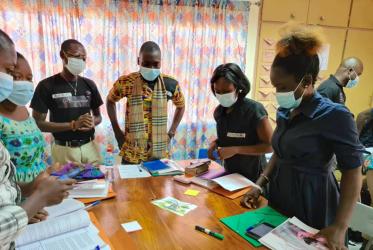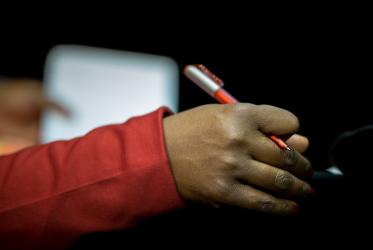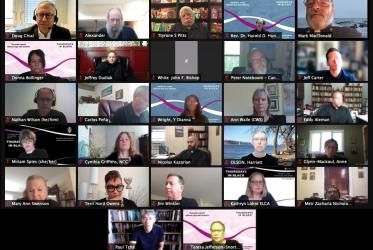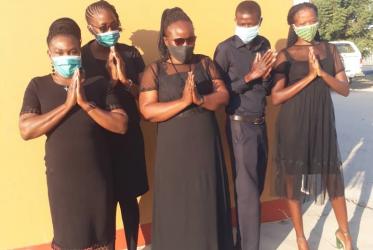The second reflection of the Seven Weeks for Water 2022 of the WCC’s Ecumenical Water Network is written by Nicole Ashwood (Nicqi).* In the following reflection , which was written around the International Women’s Day, she reflects how the women in the story of Exodus were deprived of water and how Moses came up to their defense and provided them and their flock with water. Then she highlights how developed countries in Europe, including Switzerland fares in getting access to clean water and how it affects the health, wellbeing and dignity of the people, particularly, women, everywhere.
07 March 2022











